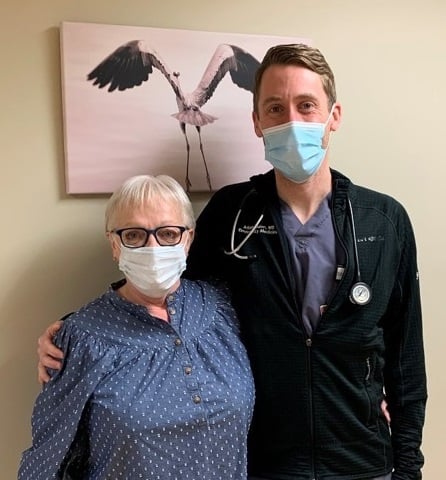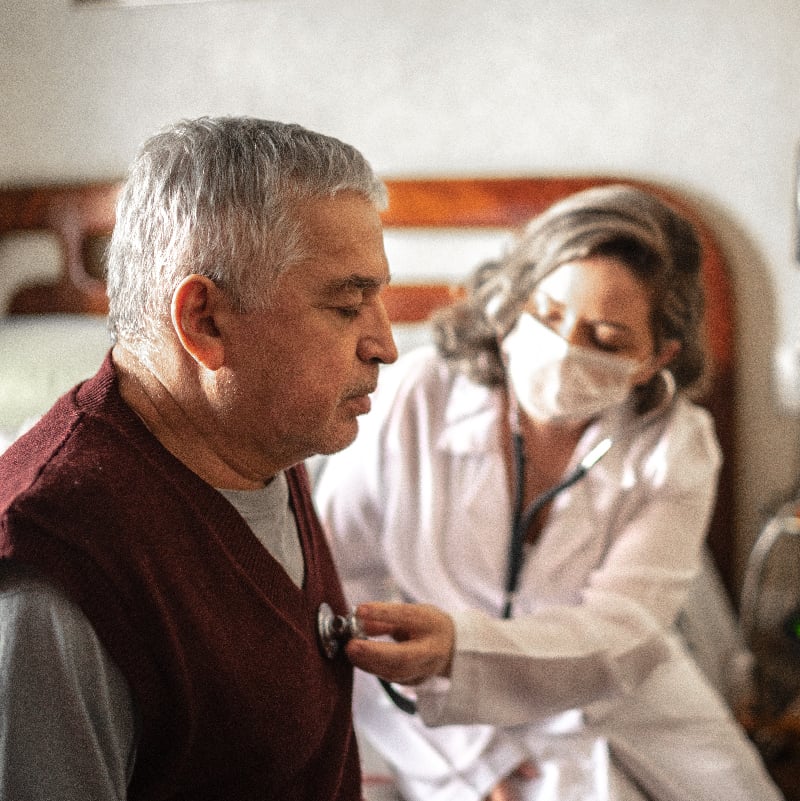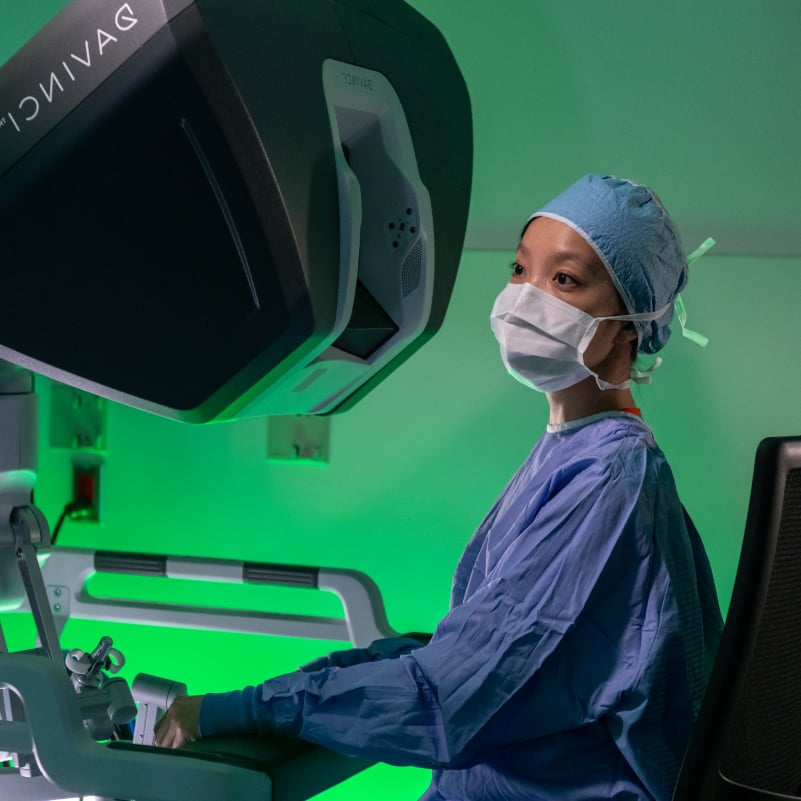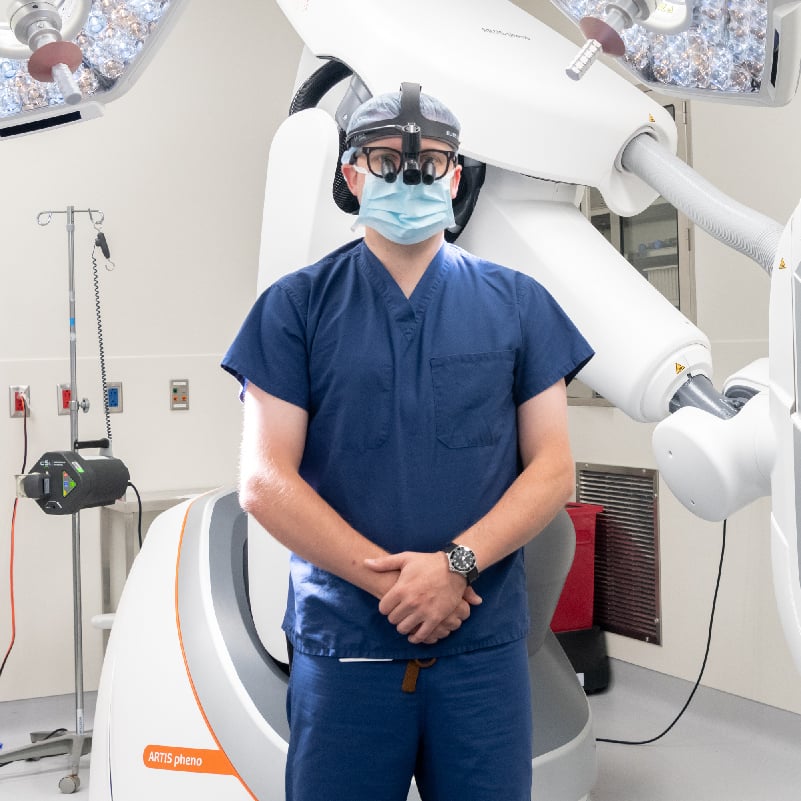Some heart conditions are the result of lifestyle choices, while others are the product of genetics at work. The most commonly inherited heart disease is called hypertrophic cardiomyopathy and can affect as many as 1 in 200 people in the U.S.
Bipul Baibhav, MD, serves as the Director of the Hypertrophic Cardiomyopathy Center of Excellence at Rochester Regional Health and shares his expertise on recognizing this condition and a brand new treatment that can help patients.
What is HCM?
Hypertrophic cardiomyopathy (HCM) is a condition in which the heart muscle thickens with no explanation such as high blood pressure or valve disease.
Approximately 70 percent of HCM patients experience narrowing of their heart’s left ventricular outflow tract. This can cause an obstruction to blood flow from the heart into the aorta. This condition is referred to as obstructive hypertrophic cardiomyopathy (oHCM).
Some of symptoms of HCM can include:
- Shortness of breath
- Lightheadedness
- Chest discomfort or pressure
- Racing heart
- Occasional fainting
- Swelling in legs
- Decreased exercise capacity

For some patients, medications have been introduced in the past that decrease the contractability of the heart. If the obstruction is more significant and not amenable to treatment with medications, patients may need heart surgery or a catheter-based procedure.
Some patients with hypertrophic obstructive cardiomyopathy may have no to minimal symptoms, while others may have severe symptoms.
Approval of Mavacamten
Recently, the FDA has approved a new drug called Mavacamten that specifically targets the heart muscle.
Mavacamten, also known as Camzyos, works by acting on the underlying pathology and physiology of oHCM. In a recent study that looked at short-term outcomes for oHCM patients, many patients with severe obstruction had significant improvement in symptoms and reduction in the degree of obstruction with Mavacamten. Many of the patients no longer meet the criteria for invasive procedures, which makes it an effective treatment option.
“Rochester Regional Health features the only Hypertrophic Cardiomyopathy Center of Excellence in Western New York,” Dr. Baibhav said. “Our hypertrophic cardiomyopathy program is partnering with the drug manufacturer and specialty pharmacies to provide this new option to our patients.”
Screening
For patients wondering if they may have HCM, screenings are available. Screenings are recommended if a patient has a family history of HCM in parents or siblings.
Patients should also discuss with their physician if they have symptoms of chest discomfort, shortness of breath, heart racing, lightheadedness, or fainting.
Requesting a referral to a heart specialist is often the first step for HCM patients. Cardiologists may conduct an EKG [electrocardiogram] and echocardiogram to further evaluate their condition.
Following the results of the testing, cardiologists will consult with patients and their primary care provider about what their best options will be.









